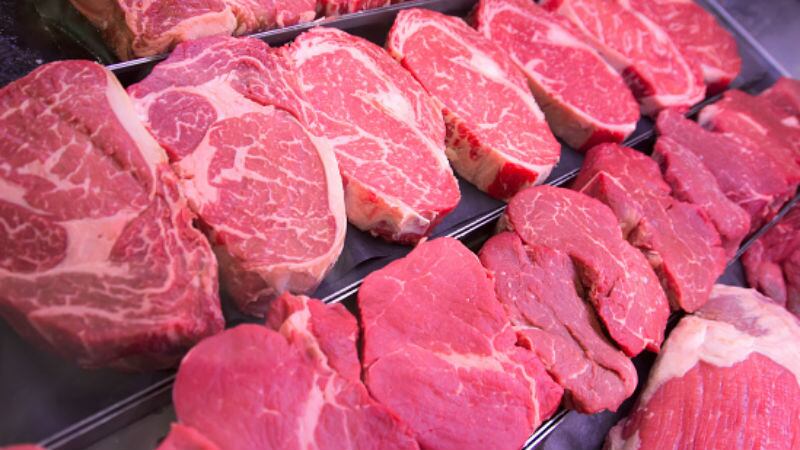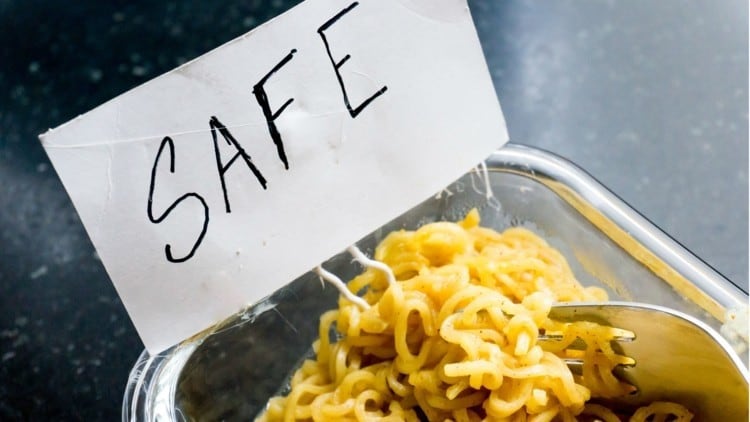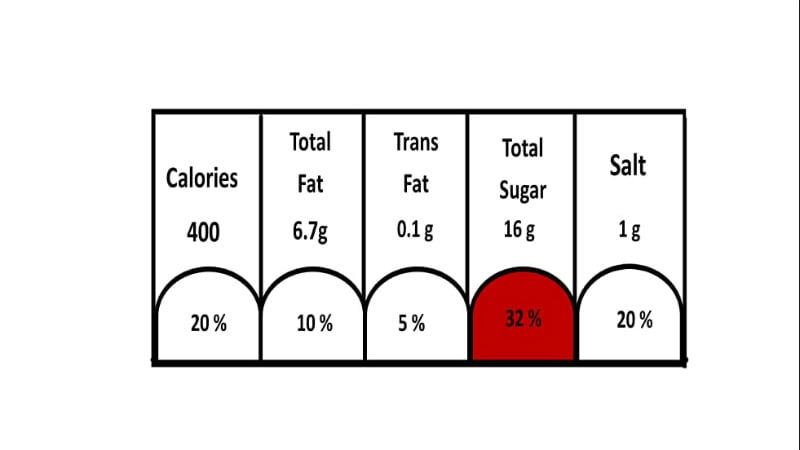The vast majority of evidence so far has pointed to COVID-19 originating from a wet market in Wuhan, China known for selling various forms of meat, and FSSAI wants to utilise the fact that many public consumers are aware of this to clean up the acts of local meat and fish businesses.
“The hygiene of our meat and fish shops and slaughterhouses is very critical. Slaughtering meat products in India requires a lot of hygiene upgradation,” FSSAI CEO Pawan Agarwal said at a press conference earlier this month.
“[Across the past few months, we have taken steps to do this]. In the first phase, we [did] a third party audit of all the municipal slaughterhouses, and in the second phase [the same for] all slaughterhouses in the country at the cost of the FSSAI.
“We are [planning to] introduce hygiene rating schemes for meat shops too."
Agarwal went on to add that FSSAI intended to ‘leverage on the awareness in the country surrounding the coronavirus to improve local meat and fish shop/market hygiene’, but categorically denied that COVID-19 has had any impact on the local meat industry.
As of time of publishing, India claims that it has only detected three cases of COVID-19 in the country, all of which have supposedly already recovered. All three were from the state of Kerala, and were students that had been studying in Wuhan and were evacuated.
Despite the low number of cases and denial of any negative impacts, this move by FSSAI is an understandably cautious one, as India may have a real problem on its hands if the situation escalates further.
"Serious cases who have viral pneumonia will need supportive intensive care, including mechanical ventilation when required,” Public Health Foundation of India (PHFI) President Dr K. Srinath Reddy, told India Today.
“Hospitals in large cities can provide this, if the numbers are not overwhelming. Small towns and rural areas in most states will be ill-equipped if the virus spreads further.”
The country’s Ministry of Health and Family Welfare declared the situation ‘under control’ earlier this month, but a public survey conducted by Local Circles found that over half of the 40,000 participants felt that the government was not doing enough about the situation, and a further 7% was certain that it does not have the capacity to do anything beyond current efforts.
Manpower boost – but is it enough?
FSSAI also announced earlier this month that it would be setting up a total of 12 new facilities (six new branch offices, four import offices and two food laboratories) to ensure it reached a ‘pan-Indian presence, strengthen its inspection and enforcement activities and have better control of imported food’.
“While all issues of food safety and nutrition in the country have not been addressed, there is now a correct diagnosis and a proper treatment regimen available to address all the safety issues in a comprehensive manner,” Agarwal said in a formal statement.
“Building a public institution like the food safety authority is not a sprint, it is like a marathon. At times we may appear slower than the others, but eventually we have to be ahead.
The agency also gushed about its ‘beautiful office space with a modern day-care centre’, ‘a well-equipped fitness centre’ and ‘nice cafeteria’, but no mention was made of how these additional facilities and manpower would help in preventing the agency’s continued postponements of regulation enforcements due to ‘representations’ from various parties, or the high rate of dairy adulteration in the country, which FSSAI seems to consider a closed case.
“Intense scrutiny, greater visibility and full commitment has helped FSSAI to become a better public institution and a model regulator that other countries around the world could emulate,” Agarwal added.





